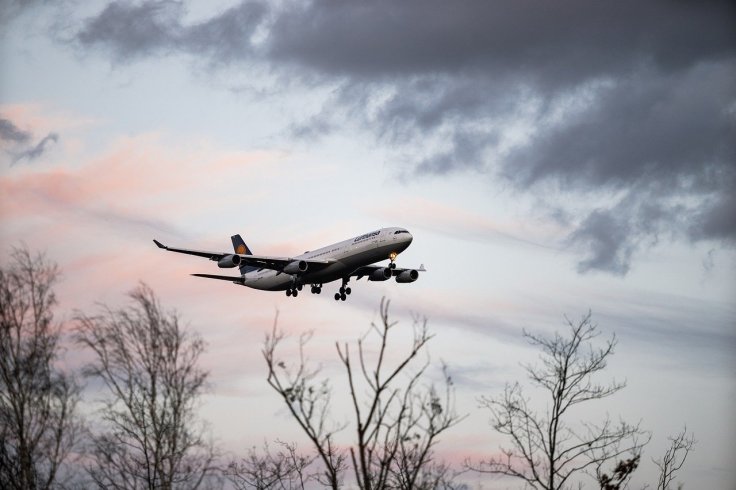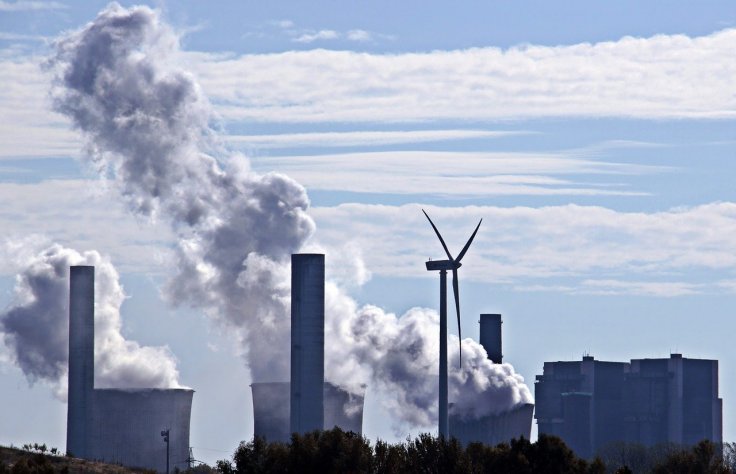Aircraft maker Airbus is inching closer to testing the hydrogen fuel engine on A380, retaining its plans to launch the world's first zero-emission commercial aircraft by 2035.
Airbus will use a modified version of one of its A380 jetliners, which were discontinued last year, to test hydrogen fuel technology.
A year back the company had unveiled three hydrogen-based concepts under the ZEROe banner. With an aim to fulfill the plan, the French aircraft maker has partnered with CFM International on the hugely significant hydrogen demonstration program.

Test Flights by 2026
For the trial of propulsion technology in the future hydrogen aircraft, the company plans to use an A380 flying testbed fitted with liquid hydrogen tanks. Currently, the company aims to take the test flights by 2026, reported CNN.
Glenn Llewellyn, vice president for zero-emission aircraft at Airbus, outlined that the ambition of the company is to take A380 aircraft and a stub in between the rear doors at the upper level. "That stub will have on the end of it a hydrogen-powered gas turbine."
Elaborating the plans, Llewellyn said that the aircraft will be fitted with hydrogen storage and hydrogen distribution, which will feed its engine with the chemical element.
Currently, of the total CO2 emissions worldwide, aviation accounts for nearly 2.8 percent and the global aviation industry has also vowed to reduce emissions to half their 2005 levels by 2050.

Sustainable Aviation Fuel
Worldwide, a number of air carriers are considering moving towards sustainable aviation fuel (SAF) as it will result in reducing the environmental impact of flying.
Meanwhile, IAG -- the parent company of British Airways -- unveiled its plans to power 10 percent of its flight with sustainable aviation fuel by 2030. In similar action last year, United Airlines had completed its successful flight with 100 percent sustainable fuel.
Reduce Aviation's Carbon Emissions
Airbus has maintained that the company is currently hedging its bets on hydrogen to potentially reduce aviation's carbon emissions by nearly 50 percent.

Guillaume Faury, chief executive for Airbus, underlined that the use of hydrogen has the potential to significantly reduce aviation's climate impact. "I strongly believe that the use of hydrogen -- both in synthetic fuels and as a primary power source for commercial aircraft -- has the potential to significantly reduce aviation's climate impact."
A top technical official of the aircraft maker has termed it a key step to let Airbus enter a new age of hydrogen-powered flight after unveiling the Zero Emission concept in September 2020.
"By leveraging the expertise of American and European engine manufacturers to make progress on hydrogen combustion technology, this international partnership sends a clear message that our industry is committed to making the zero-emission flight a reality," said Sabine Klauke, chief technical officer for Airbus.








